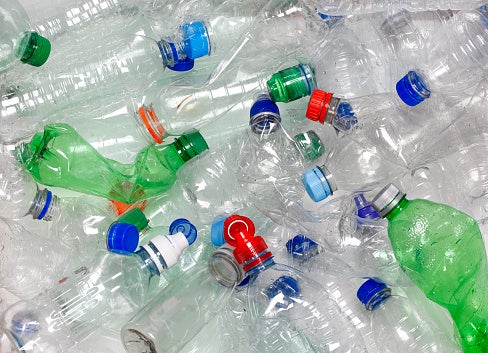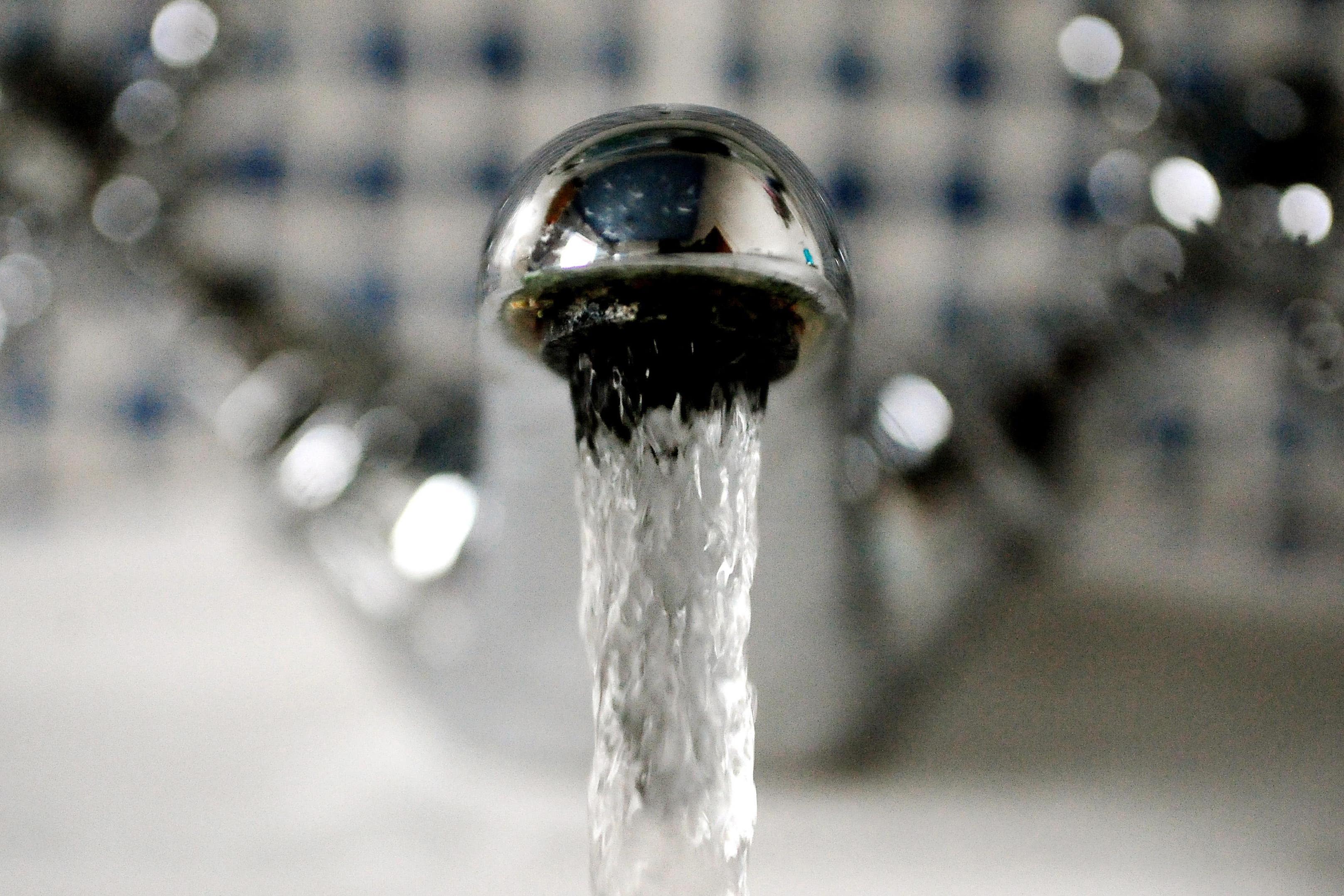Study finds almost all drinking water contains ‘forever chemicals’ that do not break down naturally
Scientists discover 10 PFAS in tap and bottled water in major UK and Chinese cities

Long-lasting toxins known as “forever chemicals” have been found in samples of drinking water from across the world, a new study has revealed.
Scientists discovered PFAS (perfluoroalkyl substances), chemicals that do not break down in nature, in more than 99 per cent of bottled water samples sourced from 15 countries around the globe, with 10 “target” PFAS detected in tap and bottled water in major UK and Chinese cities.
Called “forever chemicals” because they can take centuries to break down in the environment, PFAS can accumulate in the bodies of living organisms and have been linked to severe health conditions. They are used in different products like pesticides, non-stick cookware, food packaging and cosmetics, and can enter wastewater through many day-to-day activities. Government regulation has banned some, while the use of others is still widespread, with their toxic effects yet to be fully investigated.
Researchers from the University of Birmingham, Southern University of Science and Technology, Shenzhen, and Hainan University, Haikou, published their findings on Thursday, with perfluorooctanoic acid (PFOA) and perfluorooctane sulfonate (PFOS) being the PFAS found in almost all samples of 15 countries’ bottled water.
They also revealed a wide range of PFAS contamination for target PFAS, beginning at 63 per cent of bottled waters tested.

The scientists discovered varying levels of PFAS in bottled water from different countries, with purified water containing lower concentrations than natural mineral water – however, the concentrations were mostly below regulatory agencies’ health advisory levels.
They did note that Chinese tap water had higher concentrations of PFAS in comparison to UK tap water after testing samples from Birmingham and Shenzhen, with PFOS concentrations in tap water samples from the Chinese city exceeding the US Environmental Protection Agency’s (USEPA) maximum contaminant level (MCL) of 4 ng/L.
They also found measures including boiling and activated carbon filtration, usually via a “jug” water filter, can decrease PFAS concentrations in drinking water between 50 and 90 per cent.
Co-author Professor Stuart Harrad, from the University of Birmingham, said: “Our findings highlight the widespread presence of PFAS in drinking water and the effectiveness of simple treatment methods to reduce their levels. Either using a simple water filtration jug or boiling the water removes a substantial proportion of these substances.
“While current PFAS levels in most water samples are not a major health concern, ongoing monitoring and regulation are crucial to protect public health. We provide valuable data on the presence of PFAS in drinking water alongside practical solutions to mitigate consumer exposure via drinking water. This is a significant step towards ensuring safer drinking water for communities worldwide.”
Co-author Professor Yi Zheng, from Southern University of Science and Technology, said: “Increased awareness about the presence of PFAS in both tap and bottled water can lead to more informed choices by consumers, encouraging the use of water purification methods.
Our findings also suggest that the potential health risks of PFAS in drinking water may be influenced by lifestyle and economic conditions, highlighting the need for future research to further explore these factors from a socio-economic perspective.”
The researchers bought 112 plastic or glass bottled water samples – 89 still and the rest sparkling – from local shops and online supermarkets across the UK and China, including 87 brands with water sources from 15 countries in Asia, Europe, North America, and Oceania.
They also took 41 tap water samples from houses in Birmingham, Worcester, Coventry, and Derby, which were provided by suppliers South Staffordshire Water and Seven Trent Water, and 14 from homes in Shenzhen.
Join our commenting forum
Join thought-provoking conversations, follow other Independent readers and see their replies
Comments